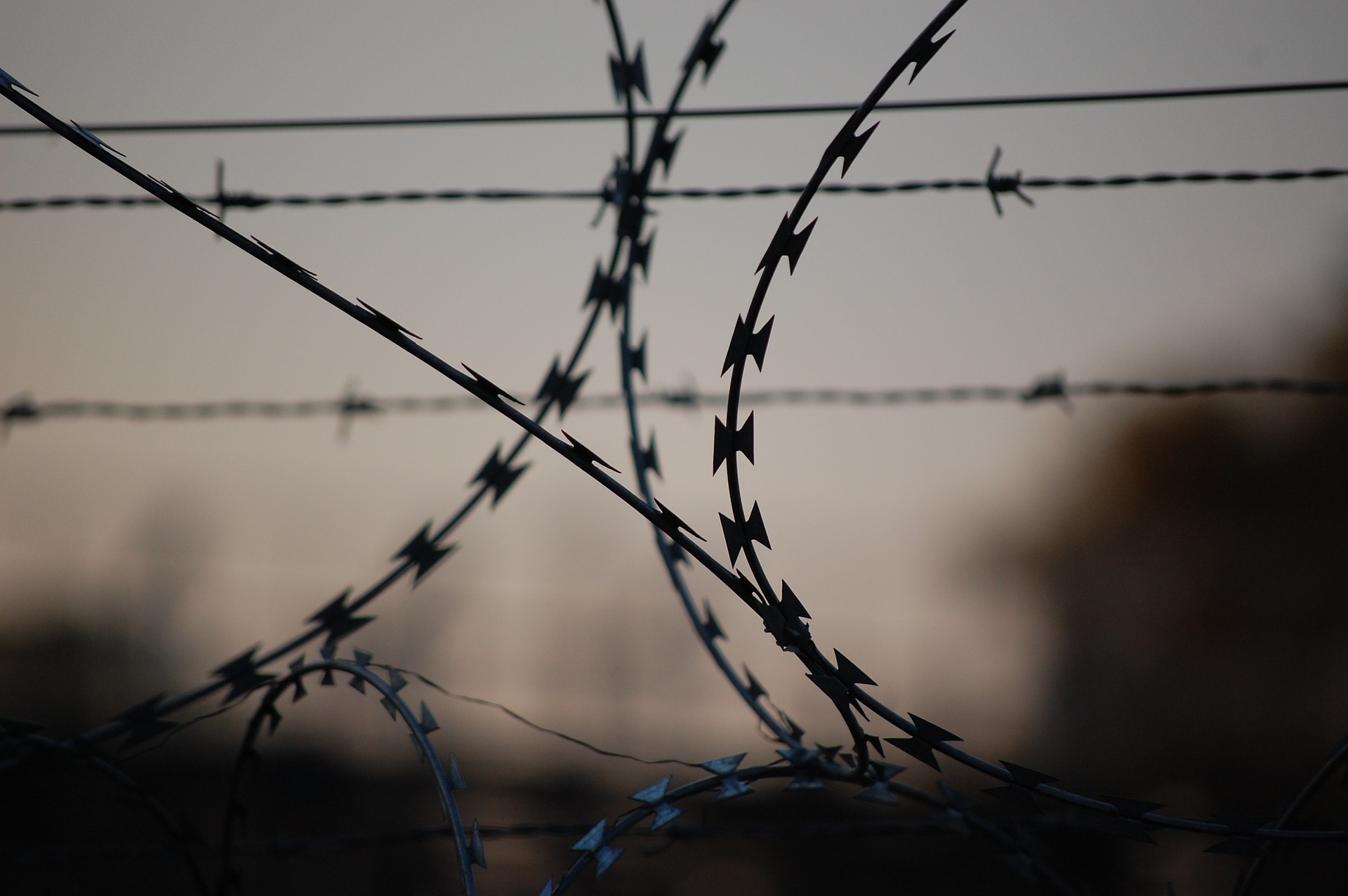Heroin Withdrawal Prison Deaths on the Rise
Heroin abuse and addiction rates have not only reached epidemic proportions within the general population, but also among people in prison. As a good number of arrests made in the U. S. are drug-related, this “naturally” translates into high rates of substance abuse among those who are incarcerated.
Of particular note are the increasing number of people dying from heroin withdrawal within the prison system. In spite of the range of treatments available to treat heroin withdrawal, little to no provisions are made for heroin-addicted individuals entering the prison system.
If you have questions about heroin withdrawal treatment, feel free to call our toll-free helpline at 888-602-1971(Who Answers?).
Rates of Substance Abuse Disorder Within the Prison Population
Though not too often considered or mentioned, rates of substance abuse disorder within prison populations runs higher than many would expect. According to the Federal Bureau of Prisons, an estimated 35 percent of people arrested are under the influence of drugs at their time of the arrest. Of this number, as much as 70 percent had committed a drug offense and/or used drugs on a regular basis.
Overall, as of 2014, an estimated 30 to 60 percent of inmates struggle with some form of substance abuse disorder.
Lack of Provisions for Heroin Withdrawal in the Prison System

Most prison facilities aren’t equipped to treat heroin withdrawal.
According to the Journal of Psychoactive Drugs, approximately 15 percent of prison inmates struggle with some form of heroin addiction. Some of those affected were actually in methadone treatment programs at the time of their arrest.
While established methods for treating heroin withdrawal exist, only a small number of prison facilities provide needed treatment care for withdrawal symptoms. In effect, this lack of care places a person’s life in danger as heroin withdrawal can bring on the following symptoms when left untreated:
- Frequent vomiting
- Severe diarrhea
- Dehydration
- Death
As severe heroin addiction essentially tears down the body and mind, many first entering prison also suffer from chronic medical and psychological problems. These conditions further weaken a person’s ability to make it through heroin withdrawal.
A Vicious Cycle
Brain Changes
Heroin abuse and addiction not only affect the body on a physical level, but also warp a person’s mental and emotional well-being. This means, even in cases where a person makes it through heroin withdrawal in prison, the addiction mindset remains well intact, according to the National Institutes of Health.
Also, an estimated 45 percent of addicted inmates struggle with co-occurring psychological disorders, such as anxiety, depression and bipolar disorders. Co-occurring disorders only work to worsen addiction severity in terms of how a person thinks and copes with daily life pressures.
Ultimately, these conditions leave inmates wide open for resuming drug-using behaviors once they’re released from prison.
No Means for Establishing a Productive Lifestyle
With prisons neglecting to provide needed treatment help for addicted inmates, those who serve their time will likely end up repeating the same cycle of drug abuse and criminal behavior. Add to this the difficulties an ex-con faces when seeking employment and trying to rebuild a life and its only a matter of time before he or she ends up right back in the prison system.
If you or someone you know struggles with heroin abuse or addiction and need help finding treatment, we can help. Call our toll-free helpline at 888-602-1971(Who Answers?) to speak with one of our addiction counselors.





